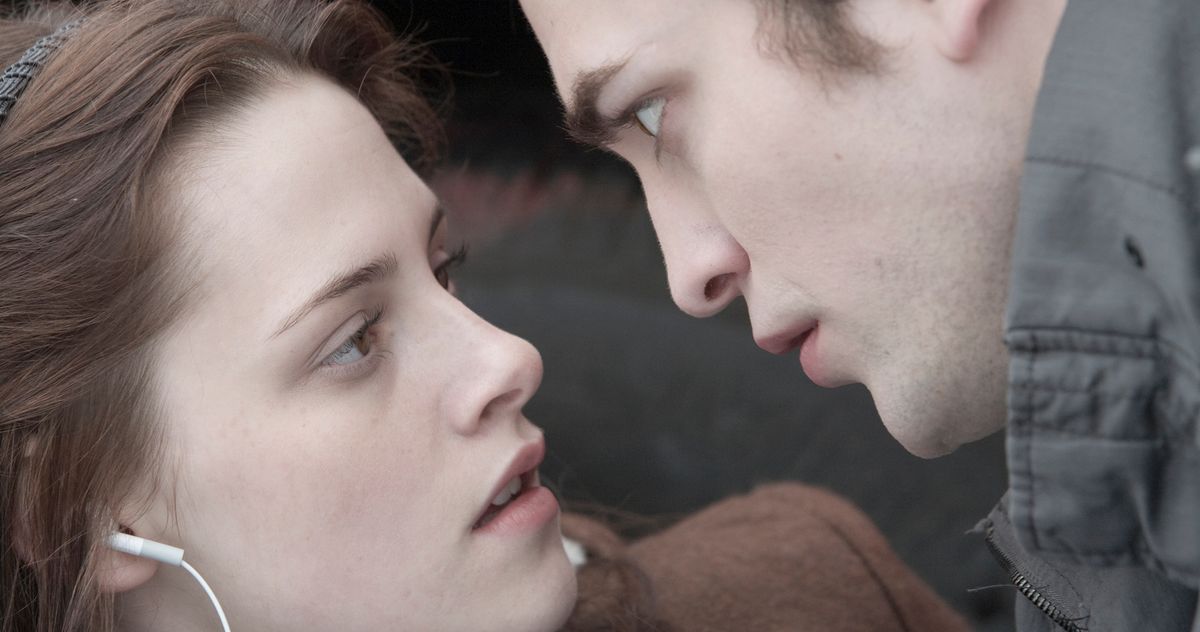
"We've all had the experience of being [teenagers] and feeling everything is life and death. You know, 'I have nothing to wear today, I'm going to kill myself.' What's wonderful about this story is that everything actually is life and death."
"Beatlemania is the comparison that everybody makes, but Twilight is more like the Beatles in reverse. Twilight is a reaction to the reaction - it's a retreat from the hedonistic hookup culture."
"Nobody hooks up in Twilight. Meyer put sex back underground, transmuted it back into yearning, where it became, paradoxically, exponentially more powerful."
"Meyer, the dreamer, was then a twenty-nine-year-old housewife living in Phoenix, raising three sons with her husband. 'In my dream,' she later recounted, 'I can see a young woman... somehow I know he is a vampire.'"
The Twilight Saga, started by Stephenie Meyerâs dream, contrasts modern hookup culture, presenting a narrative where emotional longing overshadows sexual encounters. Critics like Lev Grossman note that Twilight's appeal lies in its ability to evoke intense emotions akin to Beatlemaniaâyet in reverse. With over 160 million novels sold and $3 billion generated by films, the franchise highlights a yearning for deeper connections in an era otherwise dominated by casual relationships. This depth resonates particularly with its teenage audience, who relate to the heightened stakes of love and relationships in the narrative.
Read at Vulture
Unable to calculate read time
Collection
[
|
...
]